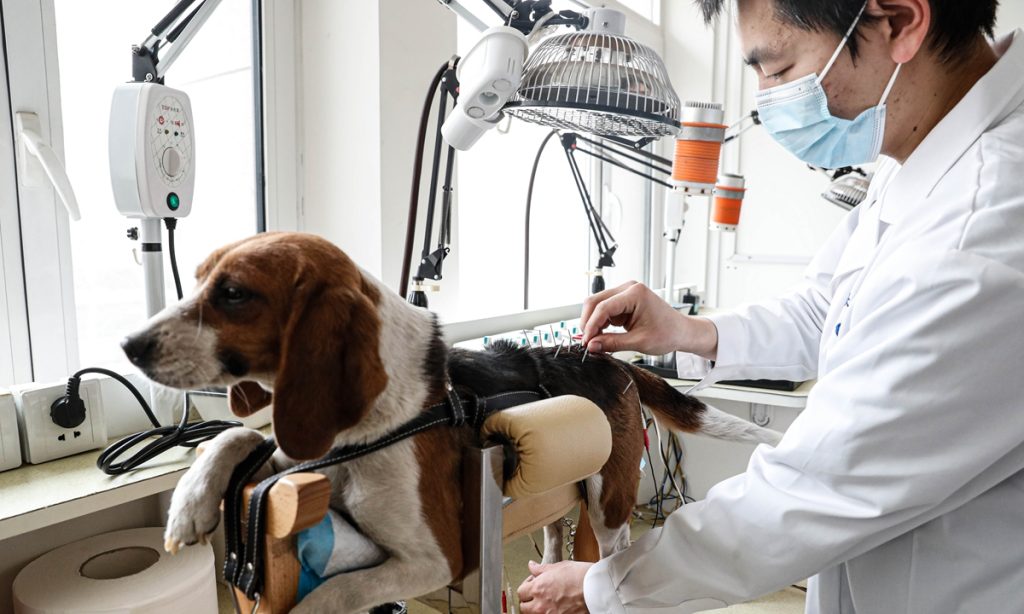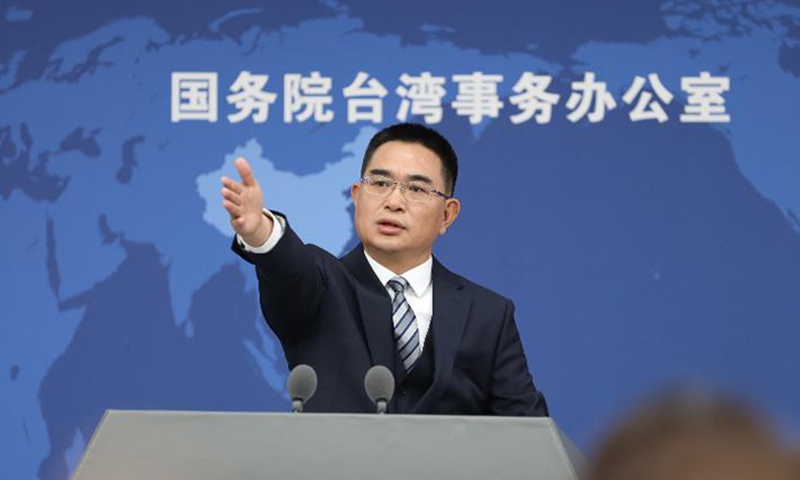Xi Focus: Planting trees to fortify China's "green assets"
Picking up a shovel, Chinese President Xi Jinping joined children, officials and local residents in planting trees on a riverbank in the nation's capital Beijing this spring, following a tradition that he has kept as the country's top leader for 13 consecutive years.
"Voluntary tree planting is a nationwide initiative that must be carried on for generations," Xi, who is also general secretary of the Communist Party of China Central Committee and chairman of the Central Military Commission, said Thursday at the tree planting site.
He called for strength to be pooled to build a beautiful China and make the country even greener through afforestation efforts.
Xi's resolute commitment to planting trees has inspired Chinese citizens -- government officials and regular folk alike -- to engage actively in China's afforestation initiative and support the nation's green transformation and ecological conservation efforts.
China designated March 12 as National Tree Planting Day in 1979, and launched a nationwide voluntary tree-planting campaign in 1981. Thanks to decades of perseverance in its afforestation, China is at the forefront of global efforts to green the planet, contributing approximately a quarter of the world's new green areas since 2000.
"Increasing green coverage is to bring greater development strengths, and planting trees is to plant the future," Xi said at last year's tree-planting activity, calling for continued efforts to enrich the country's "green assets."
Xi understands the key role a sound ecological environment plays in supporting China's long-term development, and has long been concerned about land restoration and afforestation.
When working in east China's Fujian Province, he inspected Changting County, a mountainous area that was once plagued by severe soil erosion, on five separate occasions to strengthen soil erosion control work.
"In general, China's forest resources are still scarce, and its ecological system remains vulnerable," Xi said when taking part in another tree-planting activity in Beijing in 2013.
In 2017, Xi gave instructions on the Saihanba mechanized forest farm in Hebei Province, the world's largest artificial plantation, and praised the "miracle" of afforestation achieved by local workers. He visited the farm's forest rangers four years later, urging efforts to sustain the site's role as an ecological shelter.
Xi's thought on ecological civilization is guiding the country toward a green future, with expanded forest coverage, an improved living environment and a more sustainable path for the economy.
The country now boasts a total forest area of 283.7 million hectares, with forest coverage exceeding 25 percent of its total land area -- up from 12 percent in the early 1980s.
China is also home to the world's largest total human-made forest area. In 2024 alone, China planted 4.45 million hectares of trees and improved 3.22 million hectares of grassland.
The ecological environment keeps improving, a fact that has been directly and tangibly felt by the people, Xi noted on Thursday.
While attending the planting activity in 2019, Xi planted a magnolia tree in a forest park in Beijing's Tongzhou District. In the 1990s, the site was surrounded by a chemical plant and various polluting enterprises, but its environment has improved since the local government began relocating these factories in 2018.
Many more places in China have also seen their living environments improve. Up to 43.32 percent of built-up areas in Chinese cities have been covered by vegetation as of last year, with per capita park space reaching 15.65 square meters.
In the early summer of 2023, Xi visited a state forestry area in Inner Mongolia Autonomous Region to learn about the progress of the Three-North Shelterbelt Forest Program (TSFP), the world's largest afforestation program, which tackles desertification in northwest, north and northeast China.
For the survival and development of humanity, it is a must to prevent and control desertification, Xi stressed during his visit.
By 2050, the program's afforestation area is projected to encompass over 4 million square kilometers across 13 provincial-level regions, accounting for 42.4 percent of the country's total land area.
It is also estimated that roughly 15 million people in the areas covered by the TSFP have risen out of poverty by developing forestry and fruit cultivation industries, as planting trees also brings economic gains and greener development.
"Afforestation should deliver more benefits to the people," Xi said at Thursday's event, stressing the need for a greater emphasis on improving forest management and the ecological quality of grasslands, and on promoting relevant industries.
Xi highlighted the concept of a "green GDP" in 2021, when he joined lawmakers to deliberate issues of national importance at China's annual "two sessions" meetings.
During the discussion, Zhou Yizhe, a forest farm worker from Inner Mongolia, shared his story of transitioning from a logger to a forest ranger. The farm he was working at had completely abandoned timber production, shifting its focus to environmental protection.
He said that more wild animals were appearing on the tree farm, and research has shown that the ecosystems of the forests and wetlands there have become a source of wealth.
"Maintaining a good ecological environment is of enormous value," Xi said on the occasion.
Last year, the output of China's forestry and grassland industry totaled 10.17 trillion yuan (about 1.42 trillion U.S. dollars), and its eco-tourism sector saw 9.1 percent year-on-year growth in tourist numbers.
In addition to conserving water, driving economic benefits and increasing grain output, forests also serve as carbon sinks, according to Xi.
On the back of the country's persistent tree-planting efforts, the annual carbon-sink capacity of China's forests and grassland has exceeded 1.2 billion tonnes of carbon dioxide equivalents, ranking first globally and providing a strong and green boost to the global combat against climate change and environmental degradation.
In response to the World Economic Forum's global tree-planting campaign, China in 2022 announced that it would plant 70 billion trees within a decade while strengthening its forest carbon sinks and improving the conservation of its existing forest resources.
While acknowledging China's remarkable afforestation progress, Xi on Thursday cautioned that the country's total forest and grassland resources as well as the benefits they deliver remain insufficient in terms of amount and quality.
The country should make more efforts to effectively address prominent issues and do even better year on year in this regard, Xi said.








